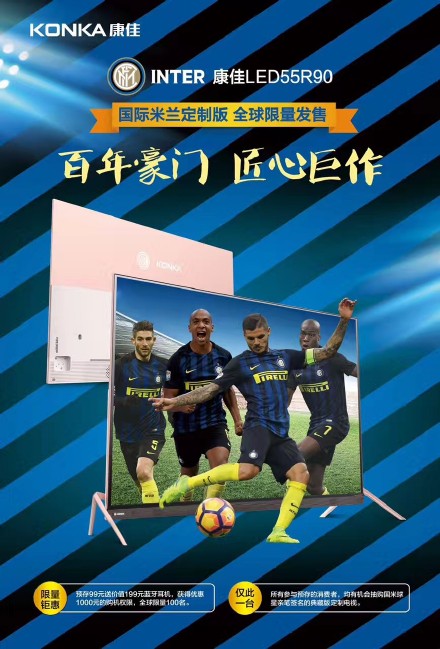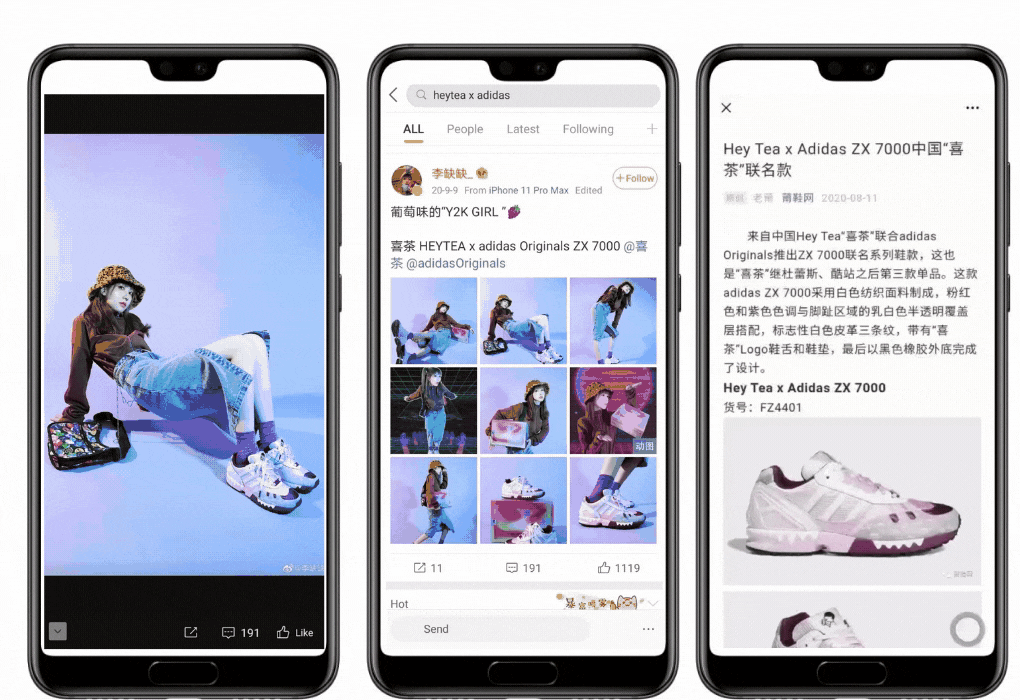In recent years, more and more brands in China have turned to co-branding, achieving great success. This strategy is in fact highly appreciated by Chinese consumers who have the opportunity to purchase limited-edition products resulting from unexpected collaborations.
Usually in China, the co-branding strategy starts with a collaboration between companies or brands belonging to completely different sectors. They are above all the brands of beauty and make-up products that love to experiment by creating very creative campaigns.
In general, co-branding offers numerous advantages to both parties:
- It gives you the opportunity to enter markets different from your own;
- increase brand awareness;
- Maximize economic benefits.
Why are co-branding strategies particularly effective in China?
- Loyalty: Its success is due to the so-called “fan economy” which exploits the loyalty of the Chinese consumer to a brand, a product, or a celebrity. As a result, a little-known brand partnering with a brand /celebrity with a very loyal following will have the opportunity to greatly benefit from its fans.
- Greater Impact Experience: Brands develop collaborations to offer experiences, both digital and physical, and content for a greater impact. Special events, pop-up shops, gaming features, and other opportunities allow consumers to boost their engagement with brands and their collaborative products.
- Innovation: Driven by the demands of a younger generation of Chinese consumers, the recent surge in product innovation via brand partnerships has been a consistent source of entertainment and media buzz, as well as a driver for further consumption.
- Unique Value: Trendy brand collaborations have been in high demand among global brands that seek to appeal to their young consumers who spend heavily on lifestyle goods and services.
Co-branding campaigns can concern the most disparate kinds of brands.
Let us see some examples.
The Suning and Tcl Corporation co-branding agreement

The co-branding agreement signed by the Italian football team Inter in recent days gives the first effects: in China TVs with the Inter brand will be produced.
After the agreement between TCL and Suning, Chinese Konka (an electronics company listed on the Shenzhen Stock Exchange) announced that an Inter branded LED TV would be produced: a customized version that will be produced in a limited edition for the Inter fans.
According to some rumors, the co-branding agreement for electronic products in Asia should bring about 20 million euros into Inter’s coffers.
Brand Collab in China: The Adidas-Heytea case study

One of the most active brands on the co-branding front is Hey Tea, which has used the trend of consuming tea-based drinks among young Chinese into collaborations such as peach tea-inspired cosmetics with Fenty Beauty and grape beverage-colored shoes with Adidas.
HeyTea’s enormous fan base and social media following mean that any collaboration will be fiercely anticipated and widely shared on platforms such as on Xiaohongshu, while also driving engagement through exclusivity as in the case of the Fenty Beauty collaboration, which was not offered for sale but was a limited giveaway in exchange for social media engagement.
Inspired by Hey Tea’s “Succulent Grape” drink, the shoe uses various shades of purple on a milky white base and the beverage brand’s logo for a very on-trend product that mixes the youth trends of streetwear and fruity milk tea in a limited-edition package.
As we saw, Co-branding is really important and lucrative in China. If you need help developing a co-branding campaign in China contact Gma.

Gentlemen Marketing Agency is a digital marketing agency that is expert in helping foreign companies to establish or strengthen their position in China. We can help your brand increase sales in China, thanks to our services like:
- Advertising
- Baidu SEO&SEM
- Social Media
- PR
- KOL & Influencers
- E-commerce and cross-border e-commerce
- Distribution

